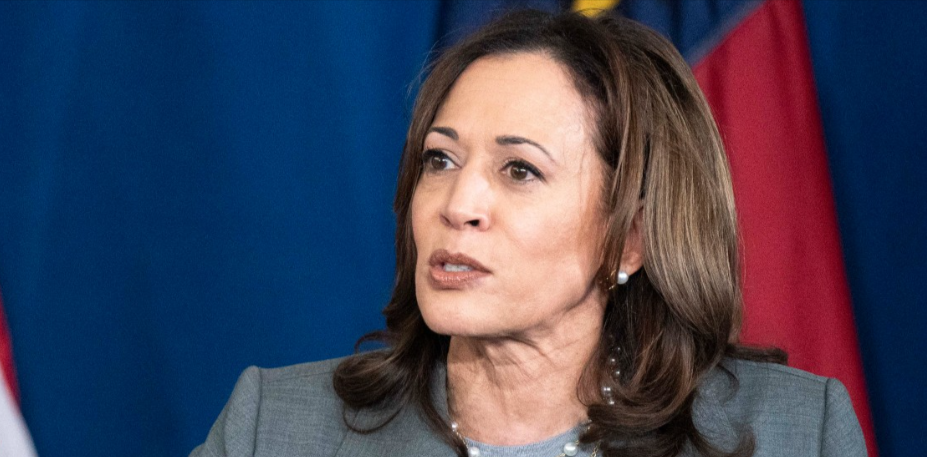Harris’ Black Voter ‘Giveaway’ Is Proveably Unconstitutional: Op-Ed

Vice President Kamala Harris recently proposed a plan offering tens of thousands of taxpayer dollars to Black men in what critics are calling an attempt to “buy their votes.” However, according to former New York Lt. Gov. Betsy McCaughey (R), the plan is likely to face legal challenges due to its questionable constitutionality.
In an op-ed for the New York Post, McCaughey criticized Harris not only for promoting what she called a “divisive” and biased initiative but also for the underlying political motivations.
“Kamala Harris is scrambling to patch up a growing gap in her support among Black men,” McCaughey wrote. “She’s trying to win their votes with thinly disguised taxpayer-funded handouts—‘fully forgivable’ $20,000 loans—allegedly designed specifically for them.”
According to Harris’ campaign, the funds could be used for a range of business expenses, such as “purchasing a van for a catering business, buying professional hairstyling equipment and chair space for a barbershop, or acquiring lawn mowers and tools for a landscaping business.”
McCaughey argued that under the Constitution, struggling white men should have equal access to such funds, but questioned whether Harris is genuinely committed to equality.
She noted that Harris, during a stop at a Black-owned coffee shop in Erie County, Pennsylvania, announced the plan, promising to unleash “the untapped ambition” in the Black community by providing one million loans of up to $20,000 each. The loans, she said, are aimed at Black entrepreneurs and others who have “historically faced barriers” in starting or growing businesses.
However, McCaughey pointed out that terms like “historically faced barriers” are often used in federal programs to signal eligibility based on group identity rather than individual hardships, suggesting that white men may not qualify.
These types of “equity-based” government initiatives are already being contested in court, McCaughey noted. Just two days after Harris introduced her proposal, an anonymous aide reportedly told The Wall Street Journal that the program would, in fact, be “open to everyone.”
“Of course, what’s said on the campaign trail by an anonymous staffer is one thing,” McCaughey wrote. “For such a program to be enacted, Congress would need to pass a law authorizing billions in ‘forgivable loans’ for aspiring entrepreneurs. And would Harris, as president, sign legislation that excluded white Americans from receiving benefits? Absolutely.”
McCaughey pointed to Harris' support for the Downpayment Toward Equity Act, which seeks to boost homeownership by reserving the largest grants for members of “socially and economically disadvantaged groups,” including Black, Hispanic, Native American, and Asian American individuals.
McCaughey went on to argue that Harris has consistently rejected the principle of equal treatment, instead advocating for “equity.” In a November 2020 Twitter post, Harris explained that treating everyone the same fails to account for unequal starting points, stating that equitable treatment means providing extra support to ensure everyone “ends up in the same place.”
On their first day in office, the Biden-Harris administration made “equity” a cornerstone of federal policy, instructing all departments and agencies, including the Small Business Administration, to prioritize this principle, McCaughey pointed out.
She also referenced several programs launched by the administration that have been struck down in court for discriminating against white Americans.
“After decades of reverse discrimination fueling resentment and racial tensions, Americans are finally making progress toward the Constitution’s promise of treating individuals as individuals, not based on their group identity,” McCaughey wrote. “But Harris doesn’t understand that. She would be the Equity President.”